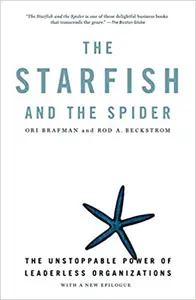The Starfish and the Spider: The Unstoppable Power of Leaderless Organizations
By Ori Brafman
Category
BusinessRecommended by
"The Starfish and the Spider" by Ori Brafman explores the power and influence of decentralized organizations and their ability to reshape traditional leadership models. Using examples ranging from successful open-source software communities to the resilient Apache tribe, Brafman sheds light on the transformative potential of non-hierarchical, loosely connected networks.
Through engaging anecdotes and thought-provoking analysis, the book illuminates the core principles behind decentralized organizations. It reveals that, unlike traditional centralized structures, these decentralized systems can thrive even when significant individuals or top-down control are absent. Starfish organization principles, such as shared ideology and the ability to self-organize, allow them to adapt quickly, resist disruption, and withstand attacks, leading to immense growth and innovation.
Brafman highlights how the dynamics of a starfish organization are rooted in decentralization, peer-to-peer relationships, and shared values. The book delves into the contrast between starfish and spider organizations, emphasizing the spider's vulnerability to the loss of central authority and the challenges it faces when confronting adversity.
"The Starfish and the Spider" also explores the broader implications of decentralization, discussing its potential impact on industries, social movements, and even governments. The book challenges traditional notions of leadership and encourages readers to harness the power of decentralization to foster transformative change in their own organizations.
Overall, Brafman's insightful and well-researched exploration of decentralized organizations offers valuable lessons for both individuals and institutions seeking to adapt to today's rapidly changing, interconnected world. By understanding the fundamental principles of starfish organizations, readers can harness their potential for innovation, resilience, and long-term success.
Through engaging anecdotes and thought-provoking analysis, the book illuminates the core principles behind decentralized organizations. It reveals that, unlike traditional centralized structures, these decentralized systems can thrive even when significant individuals or top-down control are absent. Starfish organization principles, such as shared ideology and the ability to self-organize, allow them to adapt quickly, resist disruption, and withstand attacks, leading to immense growth and innovation.
Brafman highlights how the dynamics of a starfish organization are rooted in decentralization, peer-to-peer relationships, and shared values. The book delves into the contrast between starfish and spider organizations, emphasizing the spider's vulnerability to the loss of central authority and the challenges it faces when confronting adversity.
"The Starfish and the Spider" also explores the broader implications of decentralization, discussing its potential impact on industries, social movements, and even governments. The book challenges traditional notions of leadership and encourages readers to harness the power of decentralization to foster transformative change in their own organizations.
Overall, Brafman's insightful and well-researched exploration of decentralized organizations offers valuable lessons for both individuals and institutions seeking to adapt to today's rapidly changing, interconnected world. By understanding the fundamental principles of starfish organizations, readers can harness their potential for innovation, resilience, and long-term success.
Share This Book 📚
More Books in Business
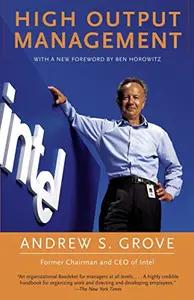
High Output Management
Andrew Grove
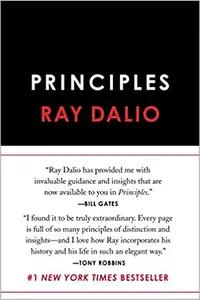
Principles
Ray Dalio

Shoe Dog
Phil Knight
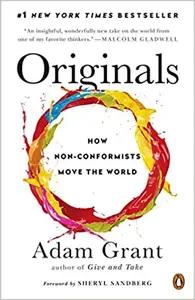
Originals
Adam Grant
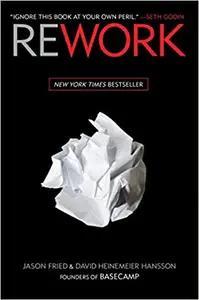
Rework
Jason Fried

The Ride of a Lifetime
Bob Iger

7 Powers
Hamilton Helmer
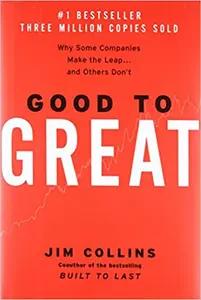
Good To Great
Jim Collins

Hopping Over The Rabbit Hole
Anthony Scaramucci
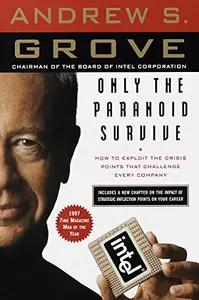
Only the Paranoid Survive
Andy Grove

The Outsiders
William Thorndike
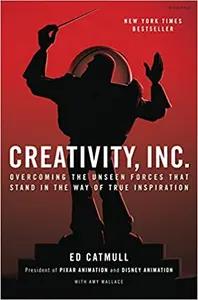
Creativity, Inc.
Ed Catmull
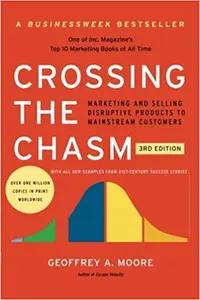
Crossing the Chasm
Geoffrey Moore
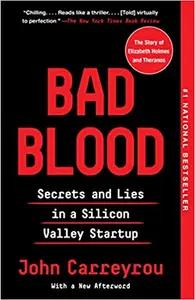
Bad Blood
John Carreyrou
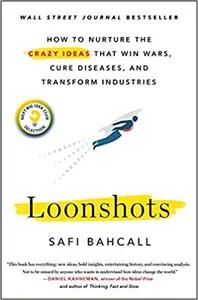
Loonshots
Safi Bahcall
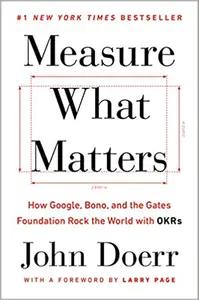
Measure What Matters
John Doerr
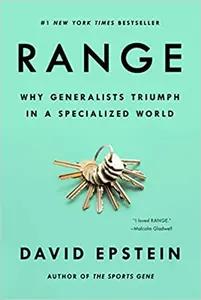
Range
David Epstein

The Great CEO Within
Matt Mochary
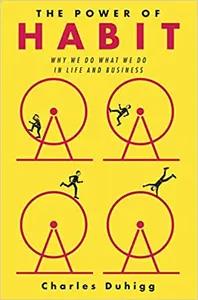
The Power of Habit
Charles Duhigg
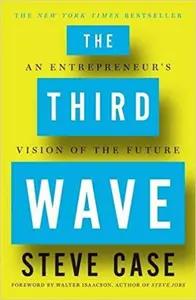
The Third Wave
Steve Case
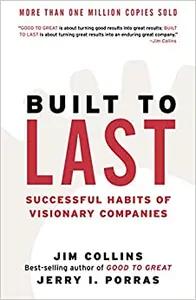
Built To Last
Jim Collins

Getting to Yes
Roger Fisher

Lean In
Sheryl Sandberg

Made to Stick
Chip Heath
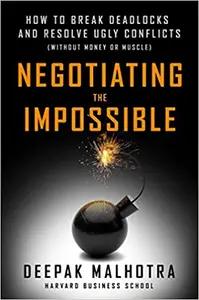
Negotiating The Impossible
Deepak Malhotra
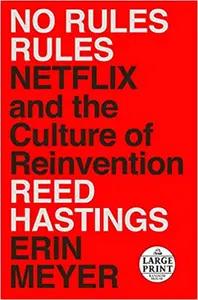
No Rules Rules
Reed Hastings

Sam Walton
Sam Walton
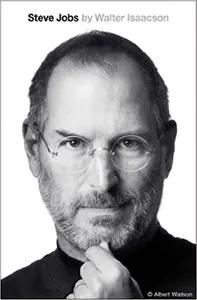
Steve Jobs
Walter Isaacson
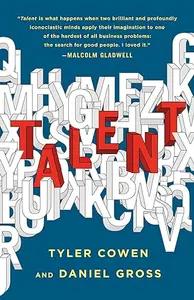
Talent
Tyler Cowen & Daniel Gross

The Fish That Ate The Whale
Rich Cohen
Popular Books Recommended by Great Minds 📚

Shoe Dog
Phil Knight

Rework
Jason Fried
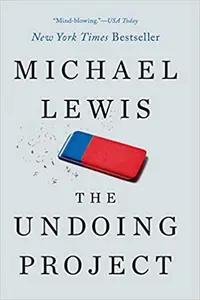
The Undoing Project
Michael Lewis

Dune
Frank Herbert

The Great CEO Within
Matt Mochary

7 Powers
Hamilton Helmer
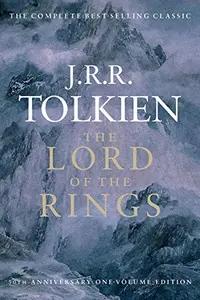
The Lord of the Rings
J.R.R. Tolkien

High Output Management
Andrew Grove

Principles
Ray Dalio
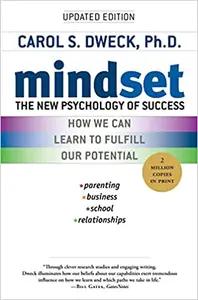
Mindset
Carol Dweck
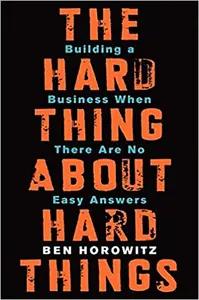
The Hard Thing About Hard Things
Ben Horowitz

The Checklist Manifesto
Atul Gawande

Bad Blood
John Carreyrou
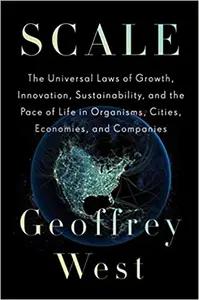
Scale
Geoffrey West

Titan
Ron Chernow
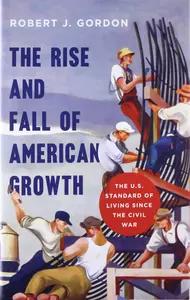
The Rise And Fall Of American Growth
Robert J. Gordon
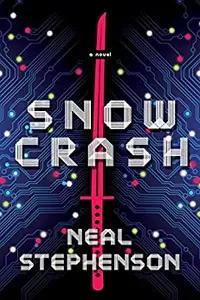
Snow Crash
Neal Stephenson
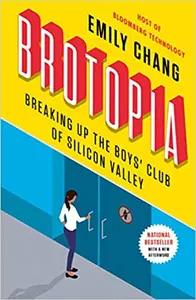
Brotopia
Emily Chang
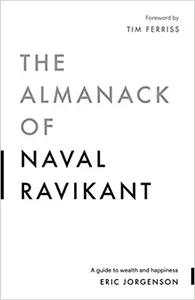
The Almanack of Naval Ravikant
Eric Jorgenson
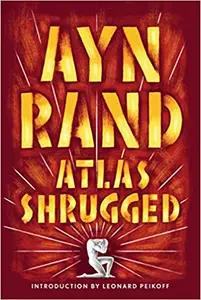
Atlas Shrugged
Ayn Rand
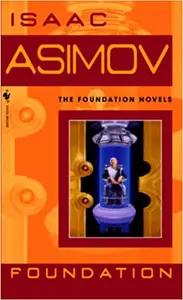
Foundation
Isaac Asimov

The Prince
Nicolo Machiavelli

Originals
Adam Grant

Creativity, Inc.
Ed Catmull
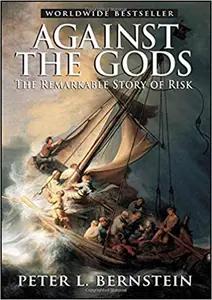
Against The Gods
Peter Bernstein
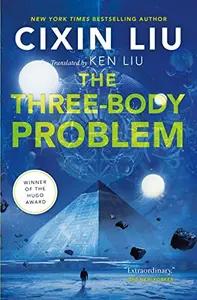
The Three Body Problem
Cixin Liu

The Ride of a Lifetime
Bob Iger
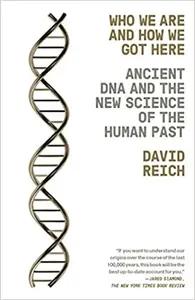
Who We Are and How We Got Here
David Reich

Destined For War
Graham Allison
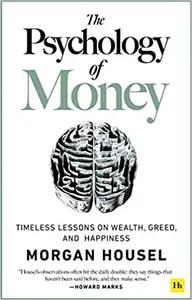
The Psychology of Money
Morgan Housel
